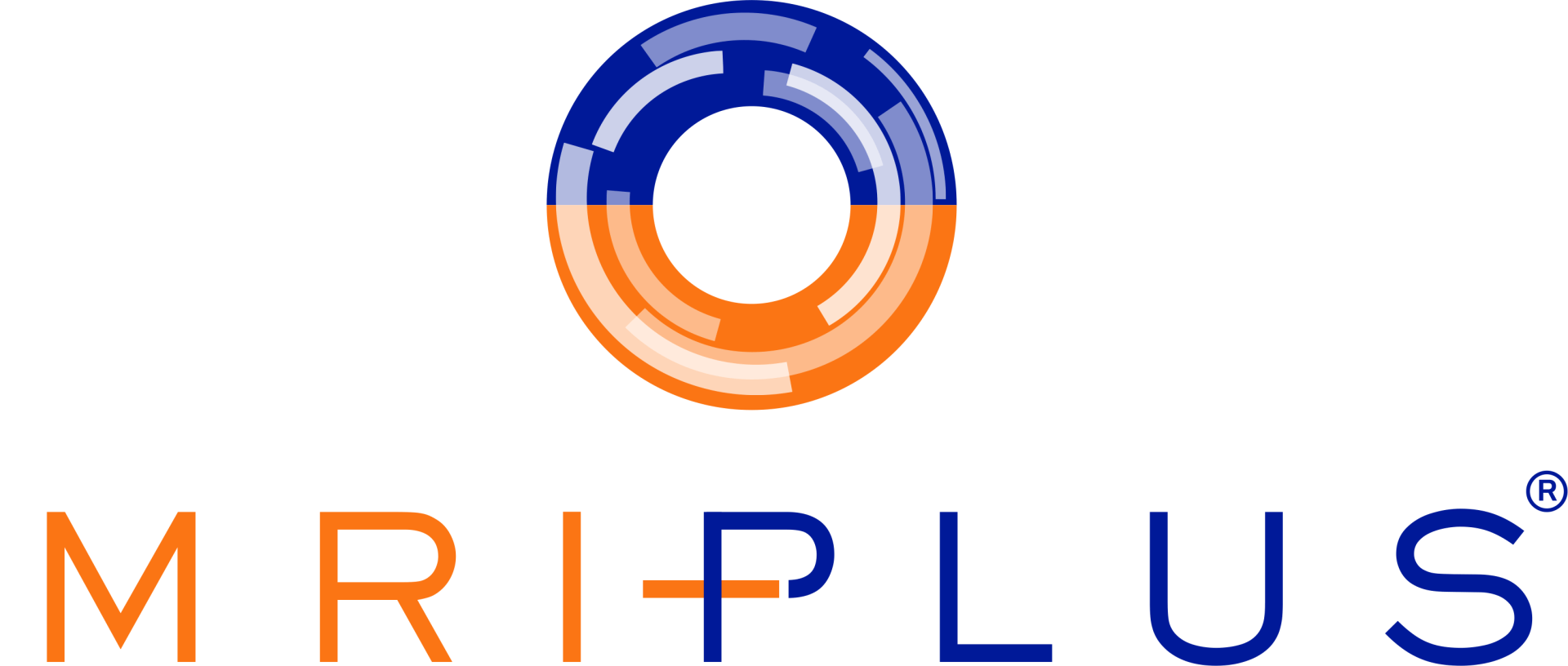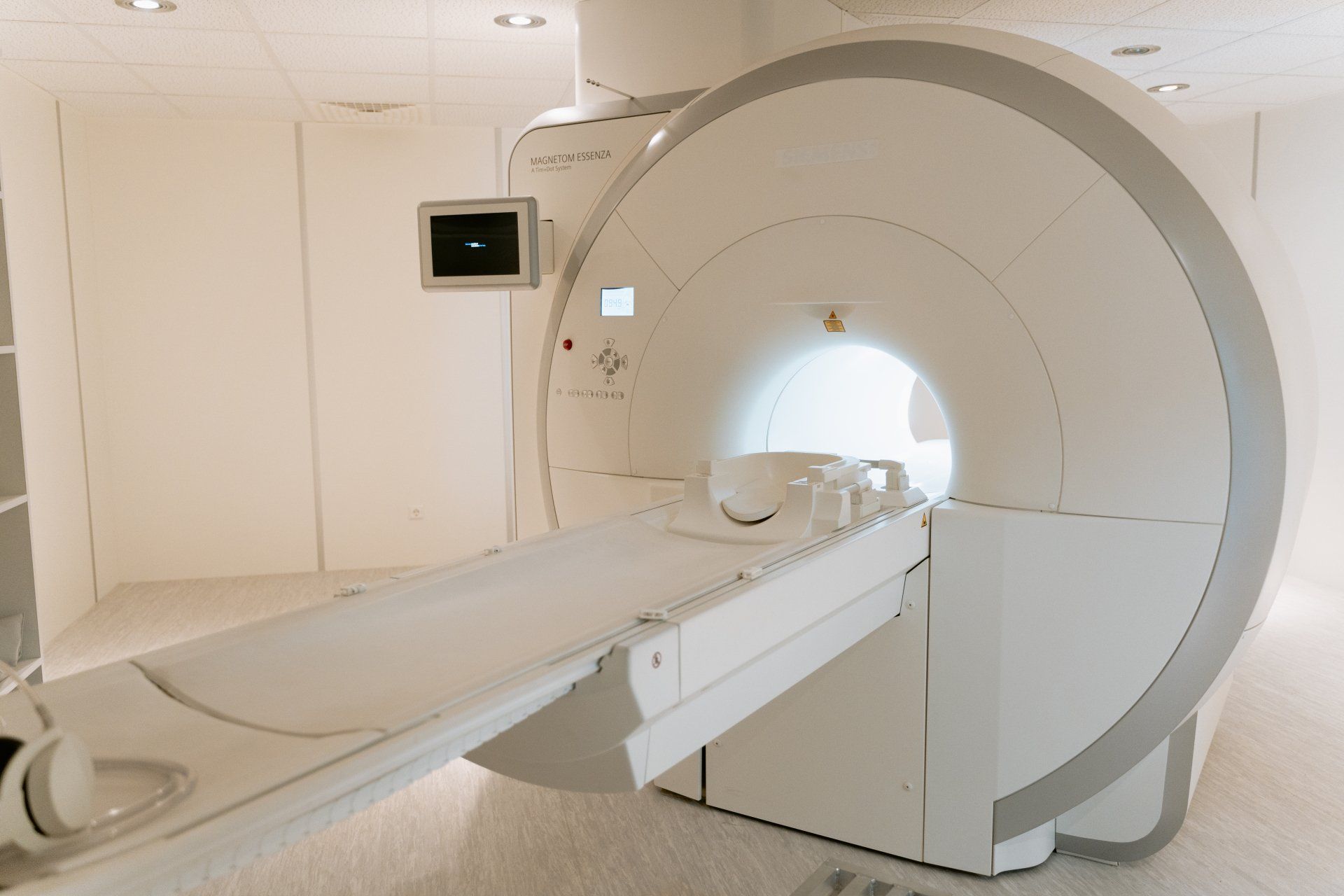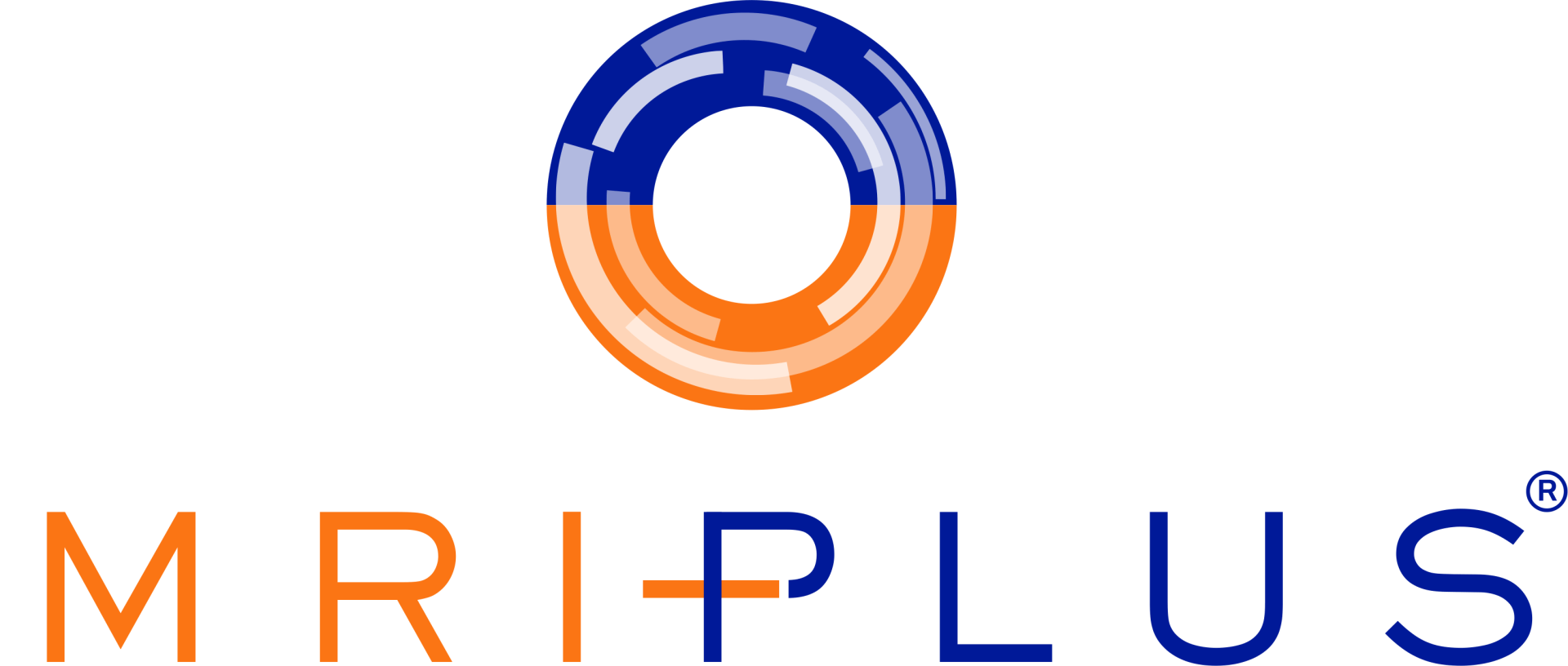Understanding – CARDIAC CT FOR CALCIUM SCORING
Understanding – CARDIAC CT FOR CALCIUM SCORING
Despite the perseverance of heart doctors to pre-empt heart attacks, including continuously developing tools such as cardiac CT scan for calcium scoring , heart attacks, and cardiovascular diseases continue to be a major cause of death in the UK. These diseases account for 167,000 deaths yearly which is close to one-third of all annual deaths.
UK figures reflect global statistics where more than 15 million people are estimated to die annually due to heart attacks and strokes, accounting for one-third of all global deaths every year.
What Is A Cardiac CT Calcium Score Test For?
Cardiac CT for Calcium Scoring is a diagnostic procedure that makes use of a Computed Tomography (CT) Scanner to take images of the arteries. The non-contrast CT scanned images will be able to show any build-up of calcium inside the arteries.
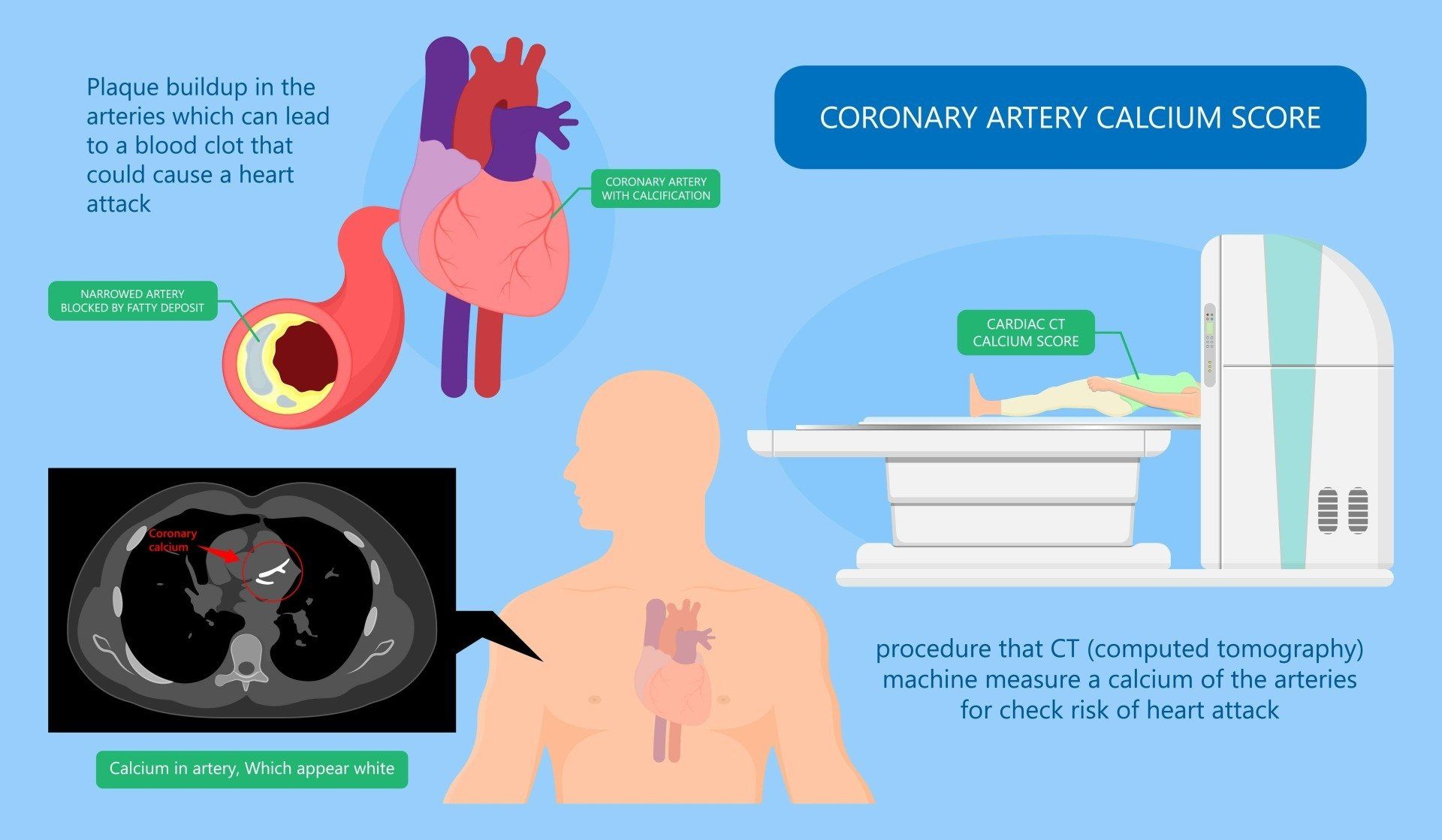
The presence of plaque narrows the space where blood and oxygen can flow. This helps indicate the presence of atherosclerosis and coronary artery disease, both of which significantly increases a person’s risk of experiencing a heart attack.
Cardiac Scoring is not a routine test recommended for everyone. This test is generally recommended when several risk factors put a person at an intermediate risk for developing a cardiovascular disease.
Major risk factors include:
- High blood cholesterol levels
- High blood pressure
- Diabetes
- Family history of experiencing heart attacks
- Obesity or being overweight
- Physical inactivity
- Cigarette smoking
This test is generally not recommended for the following groups of people:
- Men and women who have already been diagnosed with a cardiovascular disease
- Men and women under 40 years old
- Risk based on risk factors for developing heart diseases
- People already at high risk, such as the presence of co-morbidities like diabetes and obesity, for a heart attack
How To Interpret A Cardiac CT Calcium Score
Despite the general potential of this procedure to assist in the early diagnosis of heart diseases, experts remain divided as to how CT cardiac calcium score results should be used in predicting the possibility of heart attacks. Nevertheless, it continues to be used as an indicator of that possibility.
A more recent study shows that Coronary Artery Calcium Scoring using CT Scan can help improve the accuracy of prognosis for heart attack when interpreted alongside other risk factors. In addition, this procedure can better inform interventions that can be taken to lessen the probability of heart attacks.
The image result of the scan comes with an Agatston score which indicates the thickness of the calcium build-up. Higher Cardiac CT calcium scores indicate a thicker plaque build-up in the arteries and, therefore, a higher risk for experiencing a heart attack.
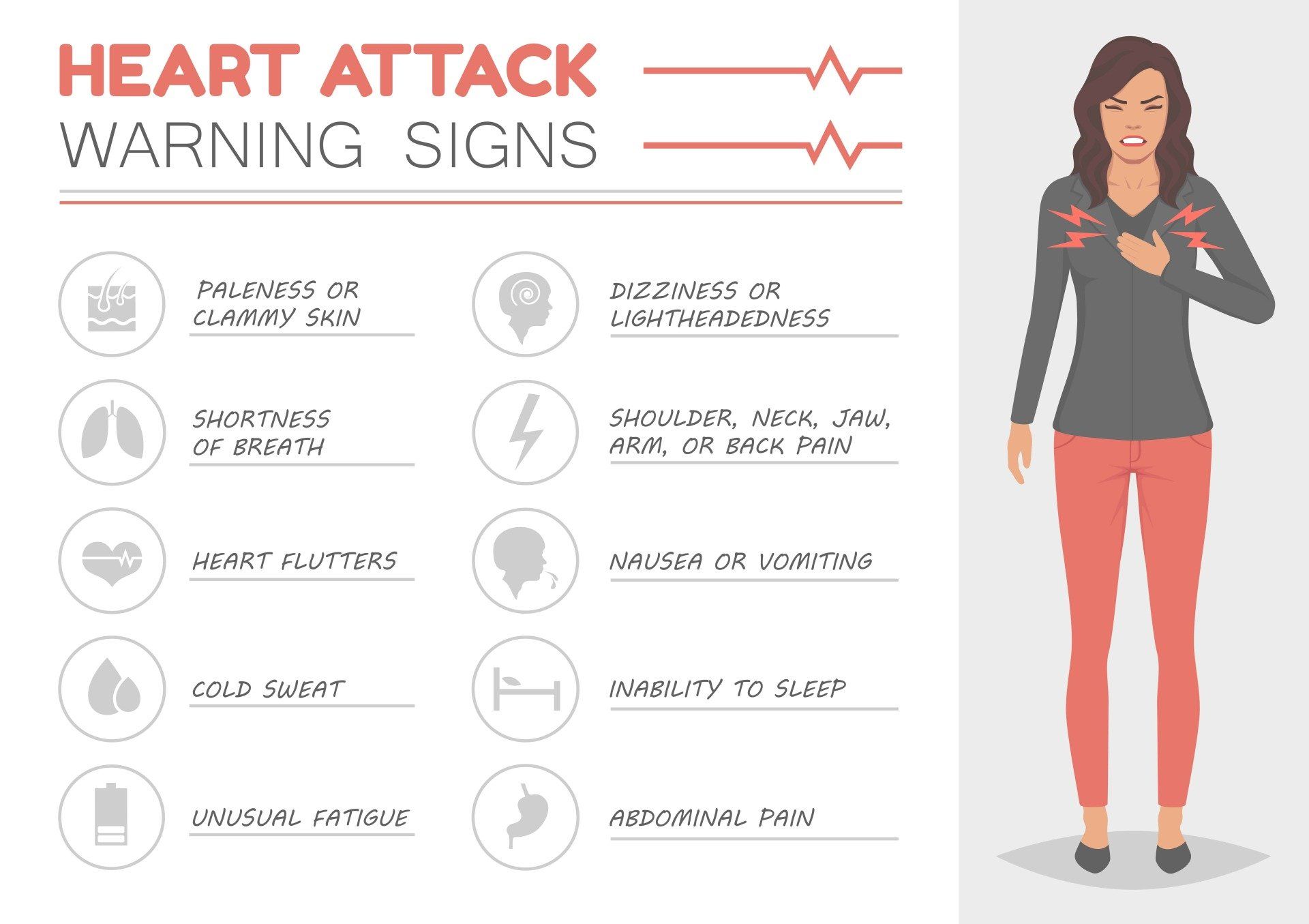
The following is an indication of the likelihood of experiencing a heart attack based on the Agatston score:
- Zero: This means that there is no calcium build-up detected which suggests a low probability for a heart attack to occur.
- 100 to 300: This indicates a moderate probability for a heart attack to be experienced and a high chance of developing any other heart disease.
- 400 and greater. A heart attack is imminent, likely accompanied by a severe degree of heart disease.
What To Expect During A Cardiac CT Scan
There are no special preparations required before undergoing this procedure. However, expect to undergo a rigorous physical examination and, possibly, other diagnostic tests, including a lipid panel test, prior to getting scanned.
It is typical for Doctors to observe other possible indicators of heart disease before ordering for this test to be done. That is because not everyone stands to benefit from undergoing this test. In addition, cardiac CT for calcium scoring cost approximately £500 and may not always be covered by private medical insurance companies.
Once changed into your lab gown, you will be led to lie flat on your back on a CT scanner. The table you will be lying on will enter an arc-shaped piece of equipment. You may be held down with straps to make sure that you are in the desired position for the entire duration of the procedure. Depending on the model of the machine used, the table you are lying on may move across the machine during the entire process.
You will be able to listen and talk to the operator while inside. You will be asked to hold your breath for as much as 20 seconds at a time. Doing so helps produce clearer images by lessening blurs caused by movement.
The entire process takes just 10 to 15 minutes to complete. Always ask for cardiac CT for calcium scoring near me to refrain from disrupting your schedule for the day. There is no required downtime which means that you can immediately perform your usual day-to-day activities without restriction. Results are typically not released right after your exam. They will be released to your Doctor who, in turn, will schedule you for a follow-up consultation to discuss the findings with you and what next steps, if any, need to be taken.
References:
British Heart Foundation (2020). UK Factsheet. Link: https://www.bhf.org.uk/-/media/files/research/heart-statistics/bhf-cvd-statistics-uk-factsheet.pdf ? Access Date: 28 Jun 2020
World Health Organization (2017). Cardiovascular Diseases. Fact Sheet. May 2017. Link:
https://www.who.int/en/news-room/fact-sheets/detail/cardiovascular-diseases-(cvds) Access Date: 28 Jan 2020
Robb-Nicholson C, MD. (2008). “By the way, doctor: What can I do about a high coronary calcium score?” Harvard Women’s Health Watch. Harvard Health Publishing. Harvard Medical School. Link: https://www.health.harvard.edu/newsletter_article/By_the_way_doctor_What_can_I_do_about_a_high_coronary_ calcium_score Access Date: 28 Jan 2020
Divakaran S, MD, Cheezum MK, MD, Hulten EA, MD, et.al. (2015). Use of cardiac CT and calcium scoring for detecting coronary plaque: implication on prognosis and patient management. Br J Radiol. Feb 2015; 88(1046): 20140594. Published online 2015 Jan 19. doi: 10.1259/bjr.20140594. Link: https://www.ncbi.nlm.nih.gov/pmc/articles/PMC4614250/ Access Date: 28 Jun 2020
